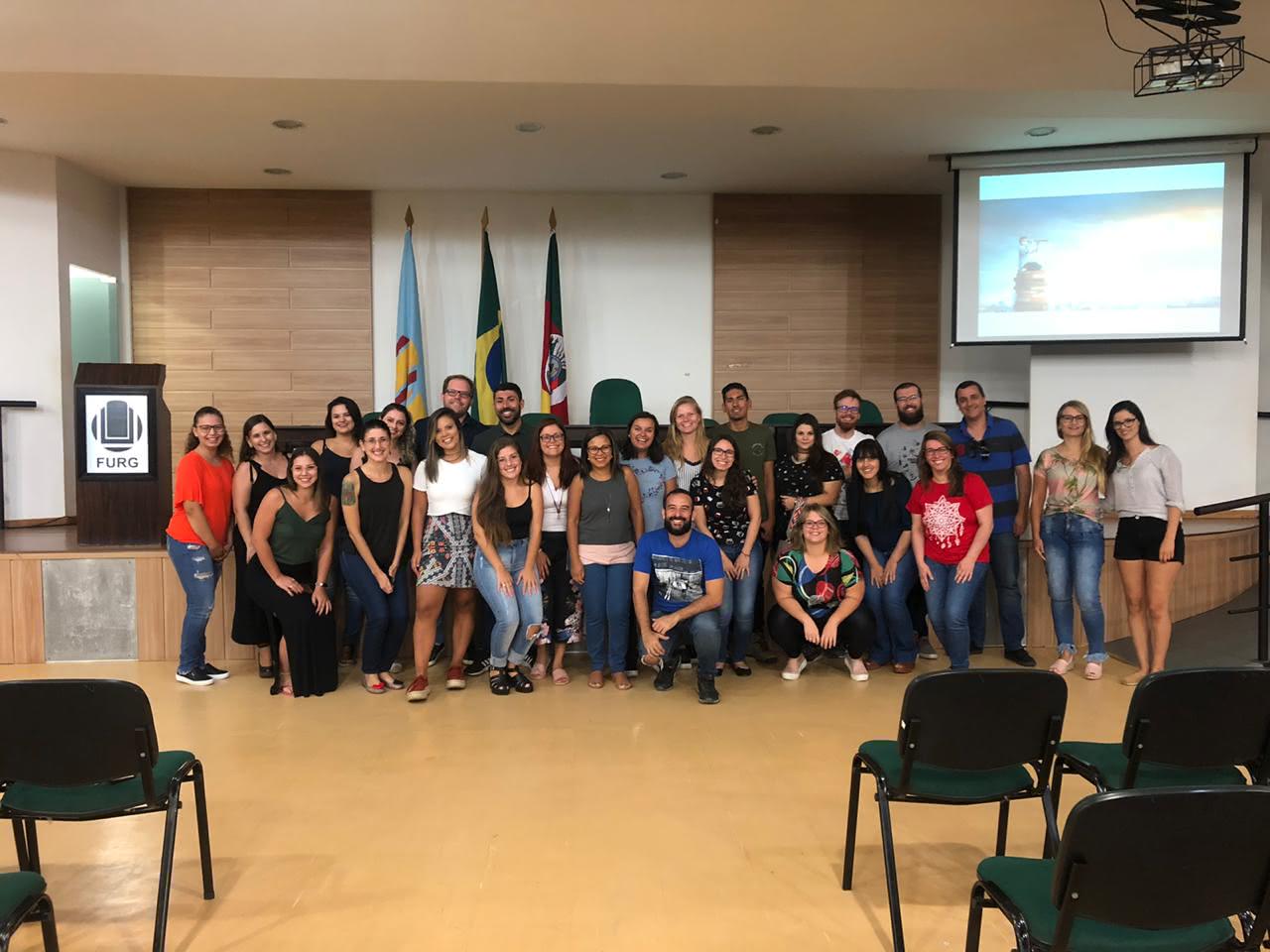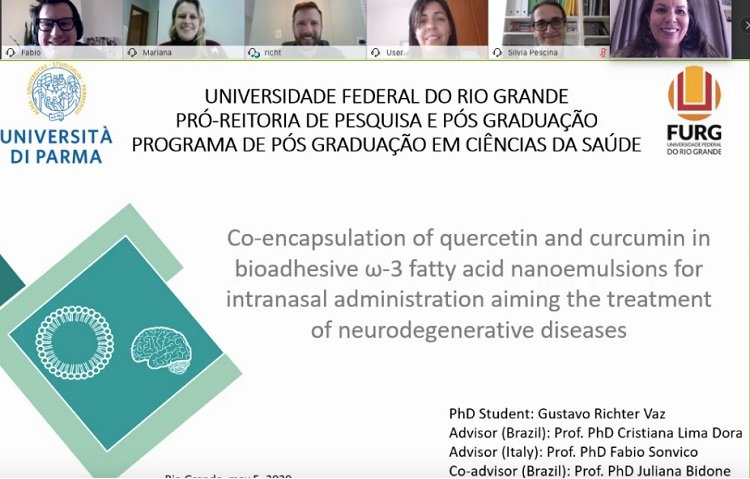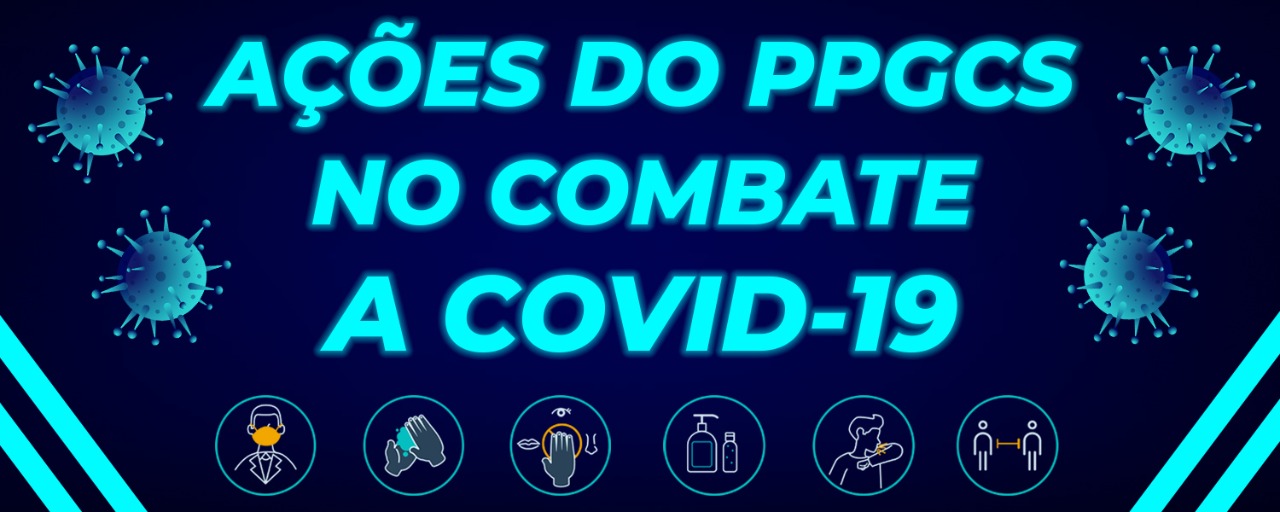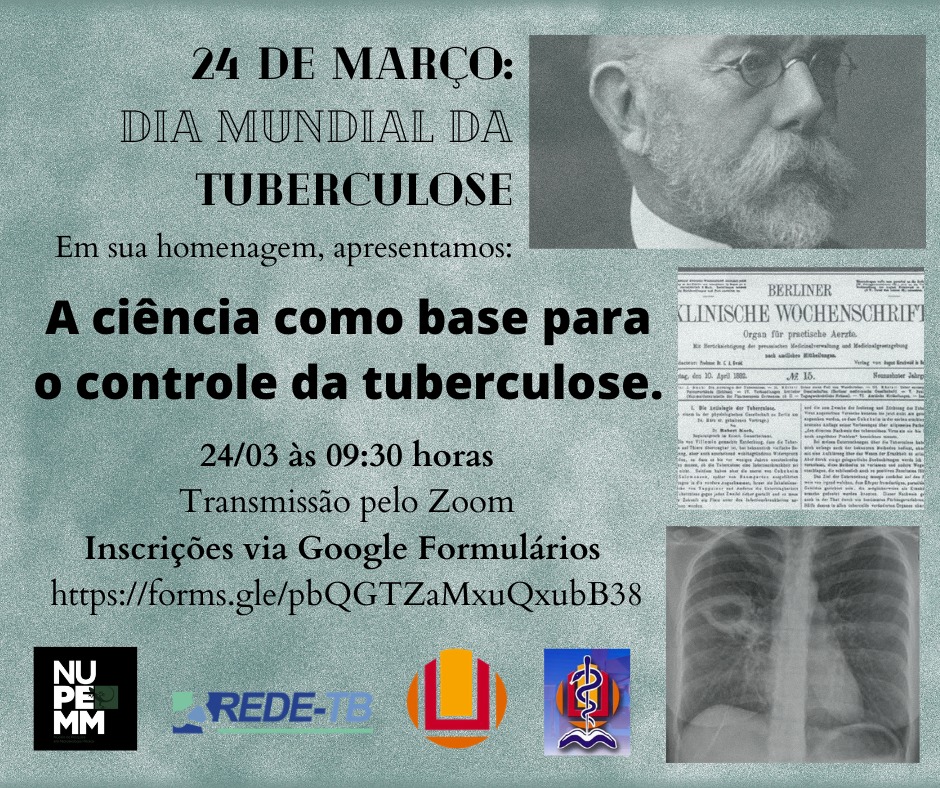Sporothrix spp. no município do Rio Grande/RS: pesquisa de reservatórios ambientais e conhecimento dos proprietários de felinos com esporotricose a respeito da doença
Autor: Vanice Rodrigues Poester (Currículo Lattes)
Resumo
A esporotricose caracteriza-se por ser uma micose subcutânea causada pela inoculação traumática de fungos do complexo Sporothrix, a partir de material vegetal contaminado ou por arranhadura e/ou mordedura de animais infectados, principalmente felinos. Nos últimos anos foram descritos números alarmantes de casos de esporotricose felina no sul do Rio Grande do Sul, e isto, aliado a pouca informação disponível sobre o isolamento ambiental de Sporothrix spp. no Brasil. Considerando que para o controle desta enfermidade faz-se necessário um maior entendimento dos reservatórios naturais do fungo, bem como o conhecimento da população quanto a medidas de prevenção, este trabalho teve como objetivo avaliar a presença de fungos do complexo Sporothrix em ambientes públicos e privados no município do Rio Grande, bem como avaliar o conhecimento dos proprietários de felinos com esporotricose acerca da doença e promover o empoderamento desta população quanto a esporotricose felina e zoonótica. Foram coletadas amostras de solo de residências (n=42) com felinos diagnosticados com a doença, de locais próximos a essas residências (n=29) e também de locais públicos (n=30). O processamento das amostras foi realizado pela técnica de plaqueamento direto no Laboratório de Micologia da Universidade Federal do Rio Grande (FURG), com incubação a 25°C por até 15 dias e avaliação diária do crescimento fúngico. As colônias que apresentaram morfologia sugestiva de Sporothrix spp. foram submetidas a técnica de Reação em Cadeia da Polimerase (PCR) para confirmação da identificação em nível de gênero. Para cada amostra coletada em residências foi aplicado um questionário semi-estruturado aos proprietários (n=50), para avaliar seu conhecimento quanto a etiologia, fonte e via de infecção da doença e medidas de controle e prevenção. Ao final da entrevista foram distribuídos folders informativos a respeito da esporotricose. Das 101 amostras ambientais coletadas, 14 (13,9%) foram positivas para o isolamento do complexo Sporothrix. Destas, 71,4% (10/14) eram referentes a residências, 21,4% (3/14) a proximidades e 7,1% (1/14) a locais públicos (p=0,04). Quanto ao conhecimento da doença pela população, a maioria dos entrevistados (64%) não conhecia a esporotricose antes do seu animal desenvolvê-la, e, 21% não sabiam como ocorre a transmissão. O manejo do felino enfermo foi considerado inadequado, tendo em vista que medidas simples, como utilização de luvas e isolamento do animal com esporotricose, preconizadas para o controle da doença não eram adotadas por mais de 60% dos entrevistados. Este estudo demonstrou que a doença é negligenciada no município, sendo este um agravante para a saúde pública local. Em adição, a maior taxa de isolamento do complexo Sporothrix em residências de felinos enfermos supõe que estes animais influenciam o ambiente ao seu redor, alterando a concentração fúngica destes microrganismos. Contudo, faz-se necessário a realização de ações educacionais sobre a doença no município, tanto para a população em geral como para profissionais da saúde, a fim de controlar a esporotricose felina e zoonótica.
TEXTO COMPLETO DA DISSERTAÇÃO






